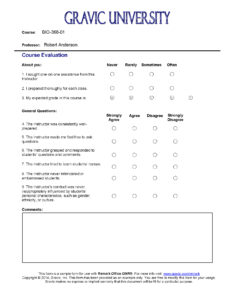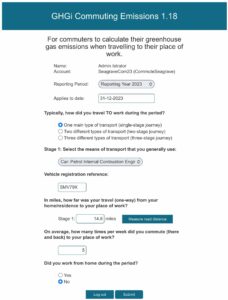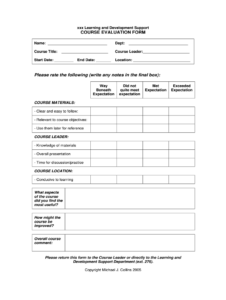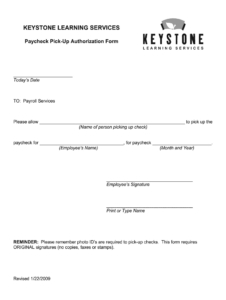More employees than ever before are working remotely, and this pattern is likely to continue. Remote employment offers numerous advantages to both employees and employers, including a better quality of life and lower operational costs. Employees can set their own hours, pick their environment, and avoid the stress of commuting, while companies can save money on office space and utilities. Of course, there are also challenges associated with remote work, and employers should be aware of these issues if they have a remote work policy.
A well-written working from home policy template is essential for any organization that permits remote working. This policy should define the conditions of remote work, including start and end times, communication methods, and performance expectations. It should also address issues like confidentiality, security, and data protection. A clear and comprehensive working from home policy template can help to avoid misunderstandings and disputes between employees and employers.
Key Elements of a Working From Home Policy
Purpose and Objectives
Start by articulating the goal and objectives of your remote work program. Why do you allow employees to work remotely? Perhaps it is to increase employee satisfaction, reduce costs, or broaden your talent pool. Knowing the purpose of your remote program will help you create a policy that aligns with your overall business goals.
Eligibility and Selection
Next, specify who is eligible to work remotely. Based on their roles and obligations, is it possible for all staff members to do so? Or will it only be possible for certain positions or at certain times? Determine how you will choose who gets to work from home through a well-defined selection procedure. You might decide to prioritize employees with a proven track record of success, strong self-discipline, and effective communication skills.
Equipment and Technology
Your working from home policy template should provide information about the technology and equipment that employees need to work remotely. This may include computers, software, and internet access. The policy should also specify who is responsible for providing and maintaining this equipment. Discuss reimbursement of necessary equipment or services, like internet service and office supplies.
Creating a Flexible and Effective Remote Work Policy
Communication and Collaboration
Working remotely can create unique communication challenges. Set clear expectations for how employees should communicate with each other, their managers, and clients. Specify which platforms and tools employees should use for communication, such as email, instant messaging, or video conferencing.
Performance Management
A successful remote working arrangement requires setting quantifiable performance metrics. Managers should clarify performance objectives and standards, as well as methods for tracking and assessing accomplishments. Regular check-ins, performance reviews, and open communication channels are necessary to ensure continued performance and address any arising issues.
Security and Confidentiality
When employees work remotely, they may access sensitive company data and systems outside the traditional office environment. Establishing strict security protocols is crucial to protect your organization against cyber threats and data breaches. Implement rules requiring secure passwords, multi-factor authentication, and the use of company-approved devices. Outlines procedures for data handling, transfer, and backup.
Conclusion
Crafting a well-organized and comprehensive working from home policy template is crucial to the successful implementation of remote employment. A clear and effective policy establishes expectations, outlines procedures, and ensures the safety of both the company and its staff members. By following these steps, companies can create a working from home policy template that is both flexible and effective, enabling employees to thrive in remote working environments while ensuring the business achieves its objectives.
Finally, review and update your working from home policy on a regular basis. As your business and workforce change, so too should your remote work policy. Ensure that it remains relevant and useful by making adjustments when necessary.
FAQ
What is a working from home policy template?
A working from home policy template is a document that outlines the rules and expectations for employees who work remotely. It should include information about eligibility, equipment, communication, performance management, security, and more.
Why is a working from home policy important?
A working from home policy is important because it helps to ensure that remote workers are clear about their rights and responsibilities. It also helps to protect the company from legal and financial risks.
What should I include in my working from home policy?
Your working from home policy should include information about eligibility, equipment, communication, performance management, security, and more. You can find a template that includes all of these elements online or in a human resources book.



